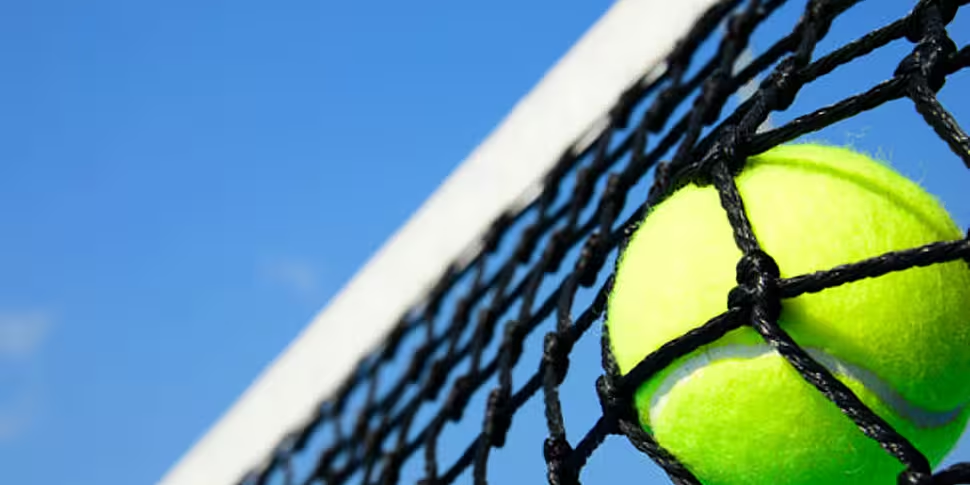Listen to the full interview via the podcast.
The statistics are startling!
Analysis from the World Anti Doping Agency (WADA) has revealed that blood tests accounted for less than 5 per cent of the total number of tests conducted on tennis players in 2012.
Athletics carried out just under 4,000 blood tests, while tennis conducted just 166 with 63 of those out-of-competition.
This has led to accusations of a lax approach to the threat of doping in tennis.
"The [anti-doping] programme is managed by the International Tennis Federation and they also put in some of the funding," explained BBC Tennis correspondent Russell Fuller who joined Joe on the show tonight to discuss the issue.
"The other funding comes from the Men's Tour (ATP), the Women's Tour (WTA) and the four Grand Slam tournaments. The feeling within the sport has been that not enough money is being put in from that tennis collective and spent on the fight against doping. The most stark discovery was the relatively small number of out-of-competition tests and the relatively small number of blood tests. It doesn't stand comparison to athletics and cycling. It is something authorities have recognized. They have already changed their approach and decided earlier this year that they must increase the number of blood tests and out-of-competition tests."
Biological passports were introduced for players for the first time this year but was there a level of complacency prior to that?
"The biological testing is something that those who run the anti-doping programme are very confident about. Their argument is that spending large sums of money will not always get the best results. They believe in more targeted testing. The number of tests have not changed dramatically over the last few years. The ironic thing is that many players are asking to be tested more. They may not see the funny side of that when they are interrupted at 6 o'clock in the morning on holiday because they have to give their whereabouts. Broadly they are in favour of more testing. They do not want people to be suspicious of tennis."

Viktor Troicki
A number of players have faced accusations of doping like Rafael Nadal who was the subject of a skit on French TV.
"In this era, when someone is phenomenally successful like Nadal has been, then there will be people who believe that is too good to be true. Nadal is very frustrated by this as are other players about the muttering from people outside the sport. Nadal was tested a lot of times when he was out injured in 2012 and he wants all the tests to be published so people know how rigorous the testing can be for some players."
While Novak Djokovic has also been open to more testing, he did staunchly defend Viktor Troicki who is serving a one year ban for failing to provide a blood test at the Monte Carlo Masters.
"Djokovic is the interesting one. He was very passionate in his defence of Viktor Troicki who is a fellow Serb and friend since childhood. Troicki was a player who didn't give a blood test when he was asked in Monte Carlo although he did provide a urine sample. He felt he was given dispensation because he wasn't feeling well and because of well-publicized phobia of needles. He left under the impression that he could provide the blood sample the next day. Two independent tribunals have some sympathy with Troicki and believe the doping control officer on duty could have been more persuasive. But they found that she did do her job and told him about the consequences. I don't know if Novak Djokovic read that transcript."









